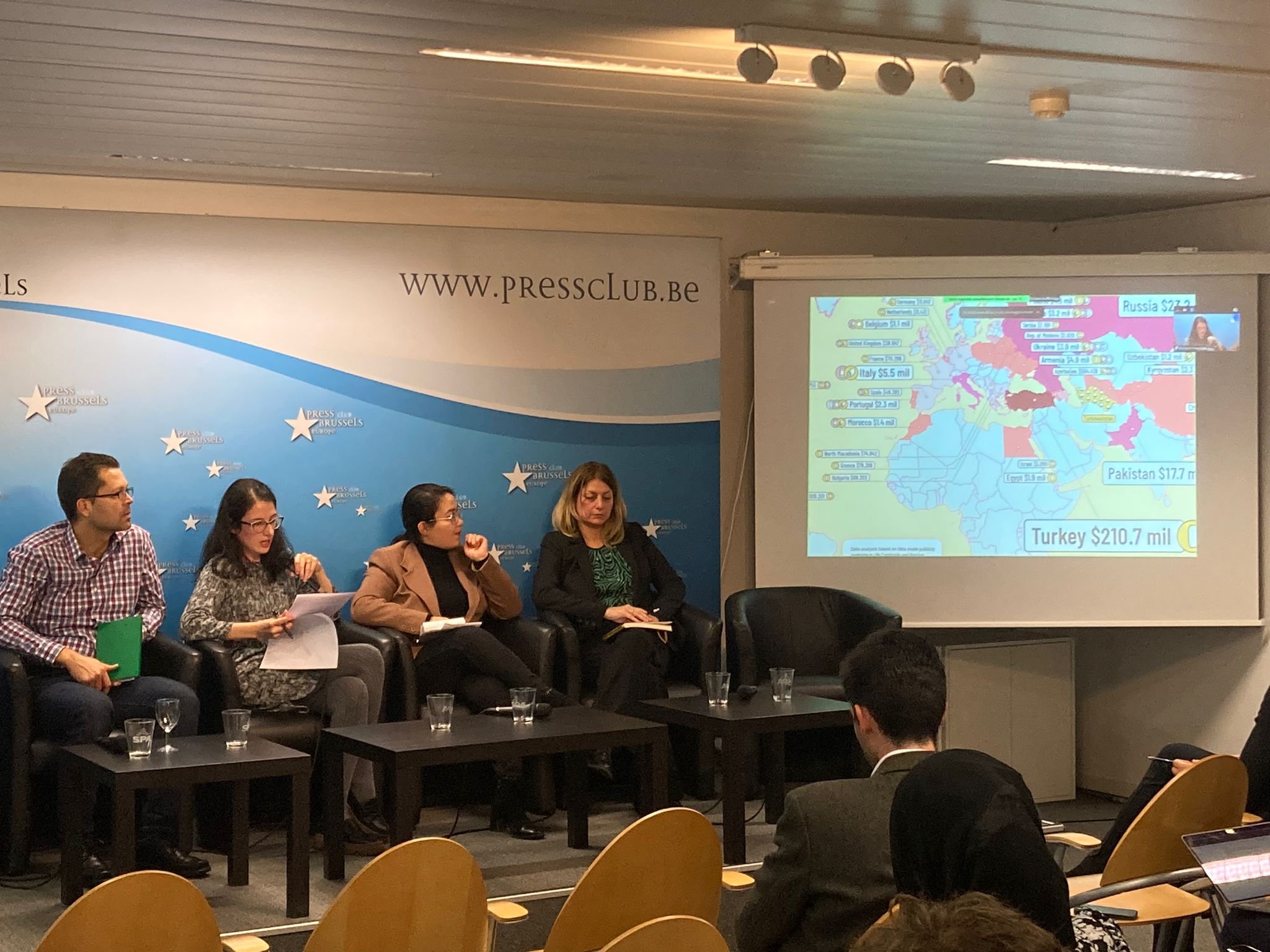Anti-Slavery International: How to address state-imposed forced labour in accordance with international responsible business standards
This factsheet summarises Anti-Slavery International’s recommendations on how to effectively address state-imposed forced labour under responsible business standards. It is the result of years of collaboration with partners and practitioners that seek to address state-imposed forced labour, particularly with the Coalition to End Forced Labour in the Uyghur Region and the Cotton Campaign.
Human Rights Watch: EU Adopts New Regulation to Curtail Forced Labor
Today, the European Union approved a law forbidding the sale in the EU of products made with forced labor, a decisive step in combatting this abusive practice and holding corporations to account. The Forced Labor Regulation (FLR) will require authorities of all EU states to ban from the EU market any products or components which have been made, in part or whole, with forced labor.
The Diplomat: New Regulations in Uzbekistan Effectively Impose Government Control on NGOs
Uzbekistan’s new regulations for NGOs impose government control and interference in the implementation of projects funded by foreign organizations or individuals. This poses difficult questions for international donors including the European Union, USAID, United Nations agencies, and others who make grants available to civil society organizations.
Anti-Slavery International: Turkmenistan: New Harvest Findings and How Governments Should Address Forced Labour in Turkmenistan
In the latest blog, Ruslan Myatiev, founder of Turkmen.news, details the latest findings from the Turkmen cotton harvest.
Anti-Slavery International: Business & Human Rights: Help Stop the Abuse
Many everyday products we use in the UK, from clothes to coffee, are linked to forced labour. Around the world, millions of people are exploited to make them, while companies here profit. Right now, businesses choose whether to act. That’s not good enough. Protecting people and the planet must be the law. We’re calling for a new UK law to hold companies accountable when they fail to prevent human rights abuses or environmental harm in their supply chains.





![German Businesses Should Cut Ties With Turkmenistan’s Textile Industry [Cotton Campaign Correspondence With German Business Association]](https://images.squarespace-cdn.com/content/v1/618550501fe9be0ff3428860/1690274874970-Q51FTO081GFS4LWNNI7Z/Screenshot%2B2023-07-25%2Bat%2B10.14.36.jpg)